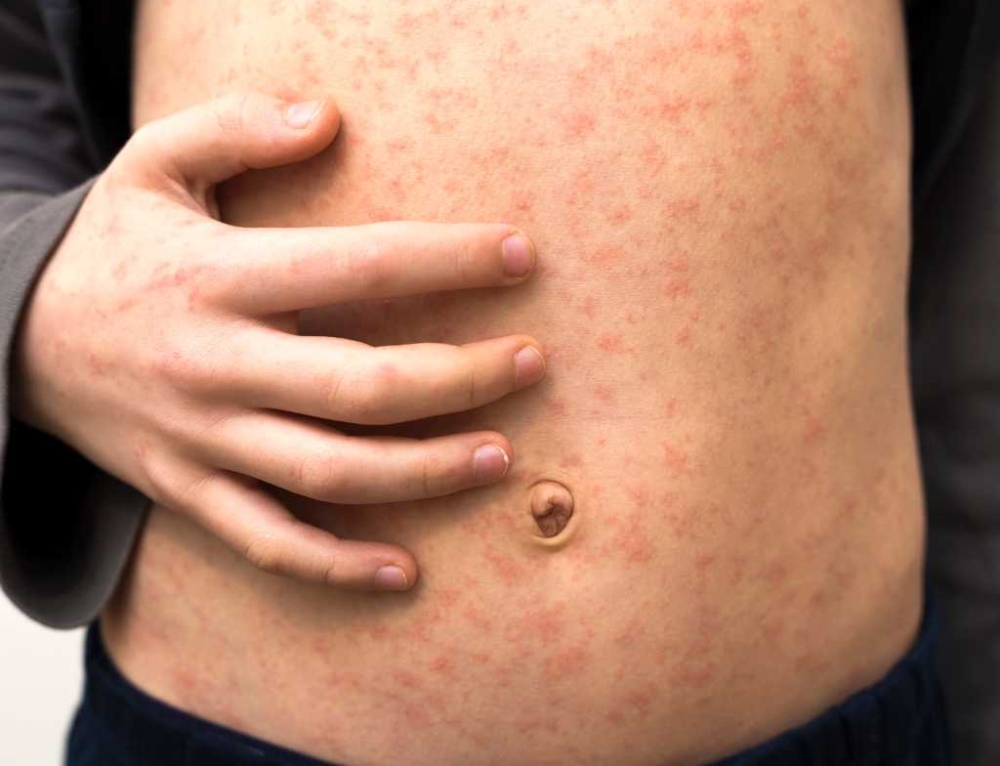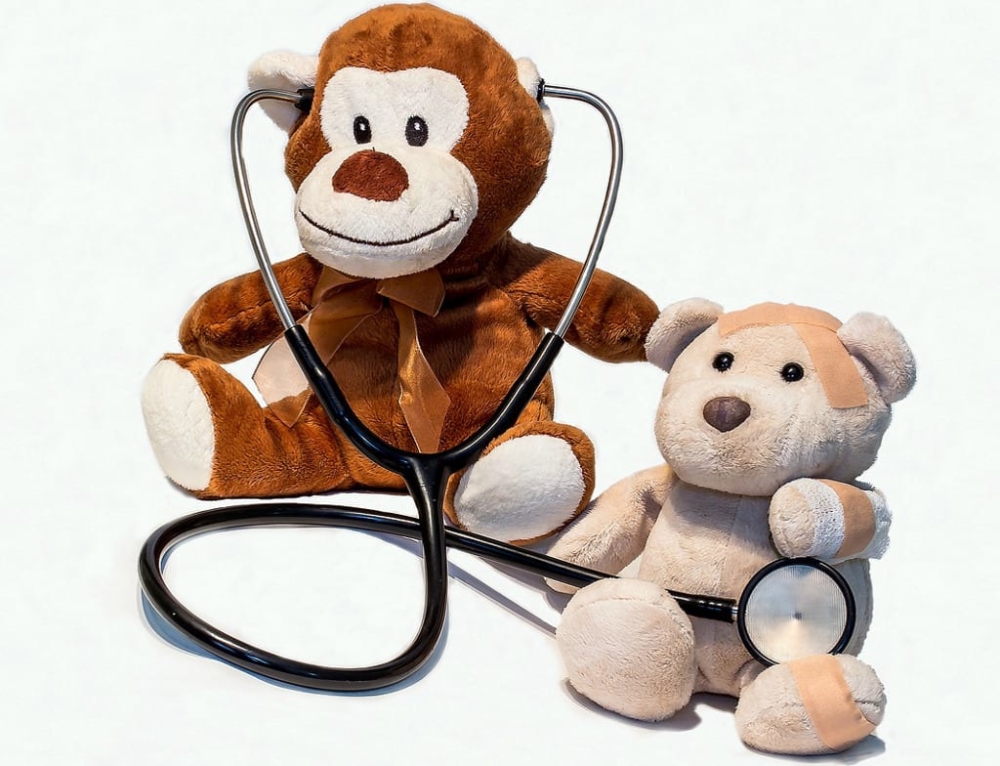Guest post
We love a good cup of coffee to start the day, but did you know that it‘s important to avoid coffee or drink it in moderation if you‘re pregnant? Studies have linked caffeine to health issues in both pregnant women and their babies.
All limits in this article are included as suggestions, and we recommend contacting your lead maternity carer if you have any questions. This article is not intended to replace medical advice from your practicing GP or maternity carer.
Caffeine: what is it?
Coffee has a natural stimulant caffeine. Caffeine mimics the neurohormone adenosine in our brains. Adenosine slows nerve impulses and induces sleepiness. To nerve cells, caffeine looks like adenosine, but it does not slow nerve cell activity. Instead of slowing down, the cells are activated, thereby enhancing attention, and concentration, and speeding up the reaction.
This stimulant also constricts the blood vessels in the brain by blocking adenosine’s ability to open them. Caffeine also causes the body to release adrenaline. This explains why, after drinking a large cup of coffee, the muscles often tense up and the heart starts to beat faster.
Effects of caffeine on pregnant women
- Caffeine is a stimulant, so it can speed up the heart rate and increase blood pressure at the same time. Women with gestational hypertension (high blood pressure) should avoid or severely limit coffee.
- Can cause insomnia, increase nervousness and restlessness, and harm overall pregnant women’s well-being because caffeine blocks adenosine and increases adrenaline.
- Heartburn (stomach acidity) may increase because caffeine stimulates hydrochloric acid production in our stomach cells.
- Coffee and tea interfere with the absorption of iron: anemia in pregnancy is not so rare. So for this reason, caffeinated beverages should be consumed two hours before and two hours after a meal.

- Caffeine stimulates the release of fluids, and with them, minerals are removed, so drinking more caffeinated drinks can lead to dehydration and some mineral deficiencies. That is why, after drinking a cup of coffee, it is recommended to drink 1-2 glasses of normal or weakly mineralized water.
- Some studies have suggested a possible link between high caffeine intake and an increased risk of miscarriage, especially in the first trimester.
- Some studies have also suggested a possible link between high caffeine intake and infertility or difficulties getting pregnant.
- High caffeine intake during pregnancy has been associated with an increased risk of preterm birth.
- Some studies have indicated that excessive caffeine consumption may be linked to lower birth weight in infants.
What is the recommended amount for pregnant women?
Coffee and other caffeinated beverages should be used with caution at the beginning of pregnancy – the first trimester. At that time, it is recommended to either completely give up caffeinated drinks or limit yourself to one cup of weak coffee. According to the American College of Obstetricians and Gynecologists, pregnant women should limit caffeine intake to 200mg a day (about two cups of brewed coffee). Consuming too much caffeine is thought to increase the chance of miscarriage.
Caffeine amounts change based on the coffee type
According to a Medical News Today article, most small coffee cups (235mls) have 80-100 mg of caffeine. Different types of coffee contain different amounts of caffeine. For instance, a small coffee cup of brewed coffee contains 80–100 mg of caffeine, instant coffee contains 62 mg, and decaf coffee contains 2 mg of caffeine. A 26ml shot of expresso contains 63 mg whilst 350ml of cold brew contains approximately 153-238 mg of caffeine.

How to regulate the amount of coffee during pregnancy
Know the recommended limit
As mentioned, the American College of Obstetricians and Gynecologists (ACOG) suggests limiting caffeine intake to 200 milligrams per day during pregnancy. This limit is also supported by health organisations across Australia and New Zealand. Understanding this limit will help you keep track of your caffeine consumption.
Practice pregnancy diet
Practice a pregnancy diet and limit caffeinated products. Remember that caffeine is not just found in coffee but also in tea, soft drinks, energy drinks, chocolate, and some medications. Be mindful of your total caffeine intake from all sources.
Choose decaffeinated coffee
Consider switching to decaffeinated coffee, which has significantly lower or negligible caffeine content.
Limit coffee sizes
If you can’t do without your regular coffee, consider opting for a smaller cup size. Reducing the serving size can help you stay within the recommended caffeine limit.
Choose alternative beverages
Explore other beverages that are naturally caffeine-free or have low caffeine content, such as herbal teas, fruit-infused water, or caffeine-free coffee substitutes.
Listen to your body
Pay attention to how your body responds to caffeine. If you notice any negative effects like restlessness, nervousness, or sleep disturbances, consider reducing your coffee intake further.
This article was written by a sponsor with editing by Kidspot NZ.
The appearance of external hyperlinks does not constitute endorsement by Kidspot NZ of the website, information, products or services contained therein. All views are those of the author. All sources supplied by the author are linked within the article.







Leave A Comment
You must be logged in to post a comment.